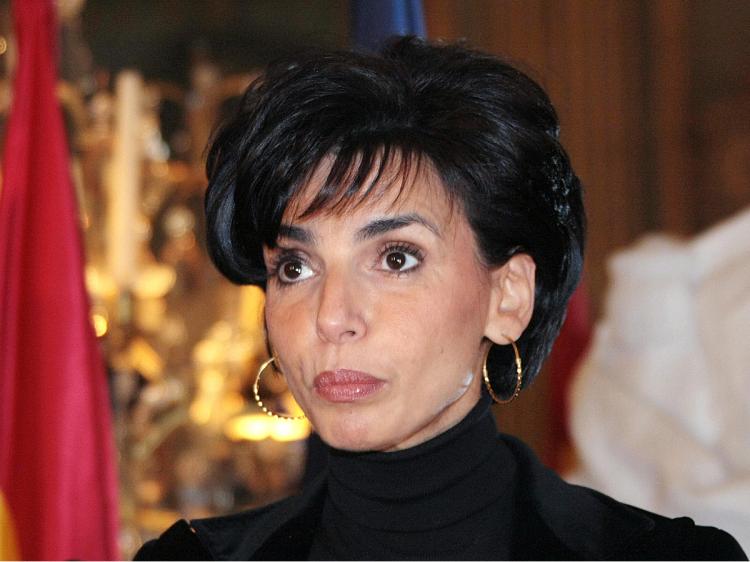French Justice Minister’s Recent Birth Raises Controversies
French Justice minister Rachida Dati refuses to name the father of her newborn child, creating controversy.

French Justice Minister Rachida Dati attends a ceremony to give Spanish decorations to French judges at the Spanish embassy in Paris, on January 7, 2009. Jacques Demarthon/AFP/Getty Images
|Updated:






